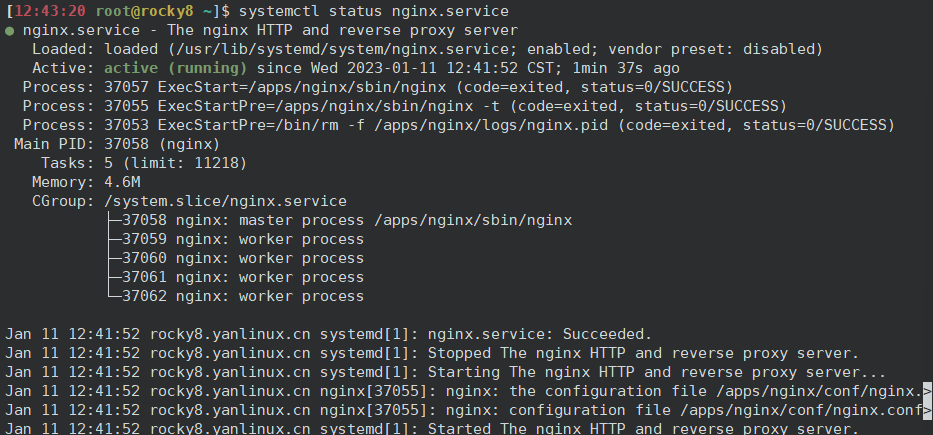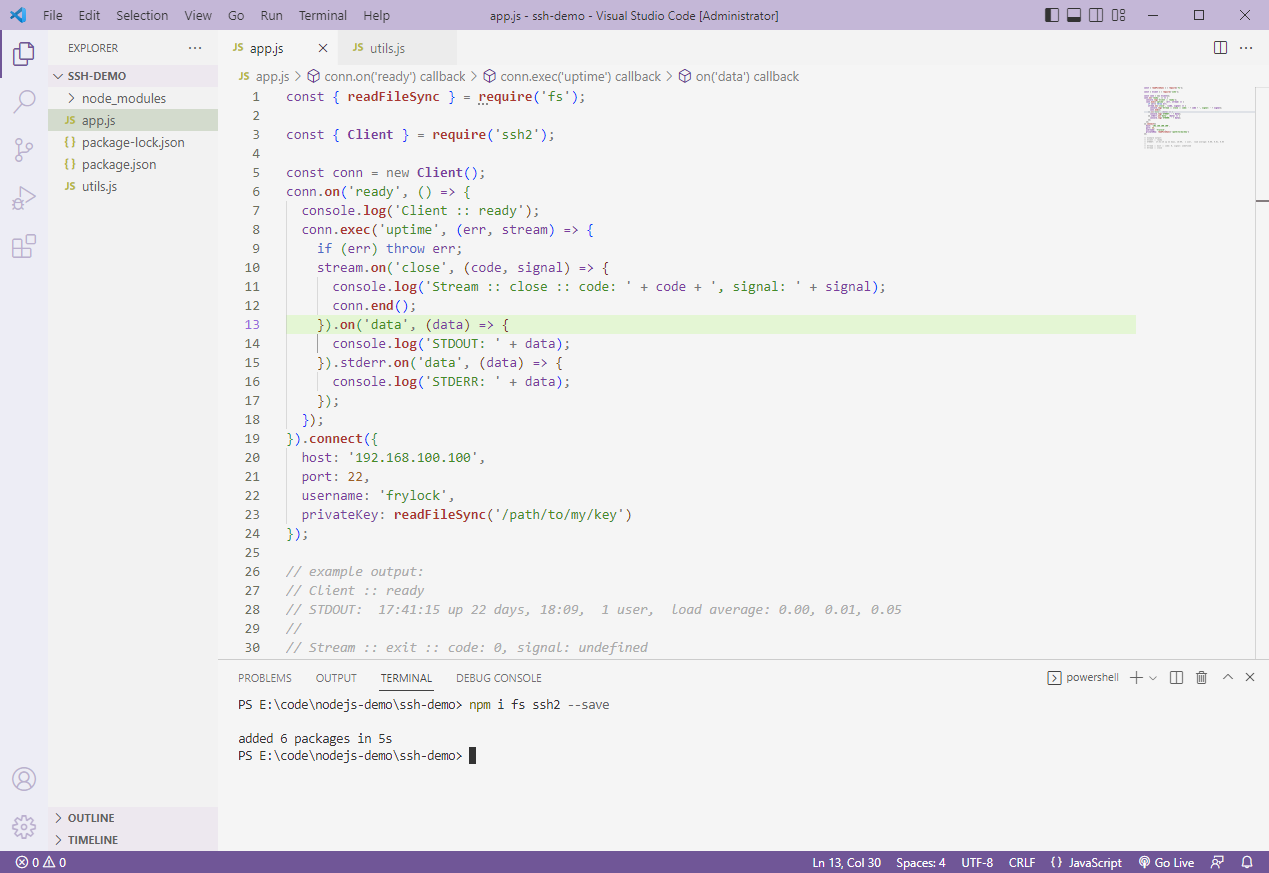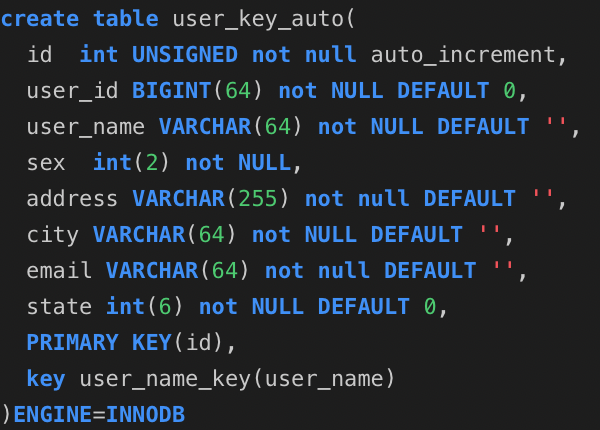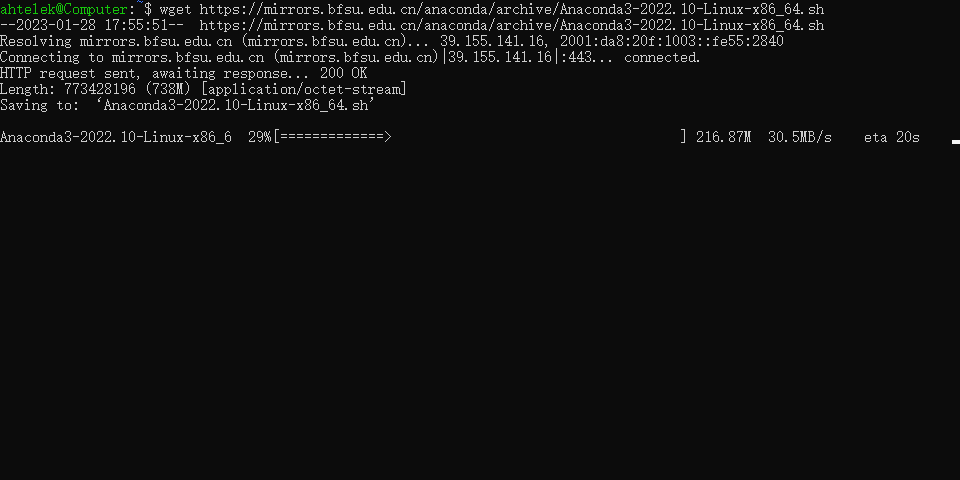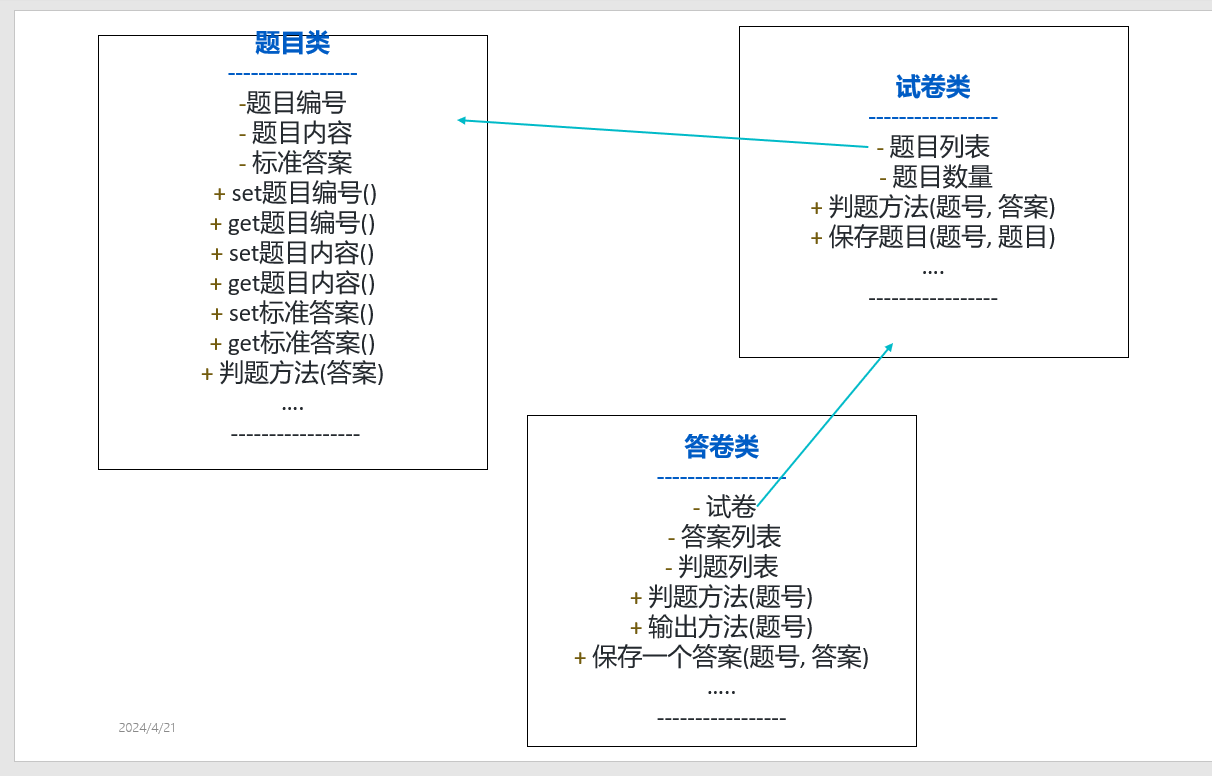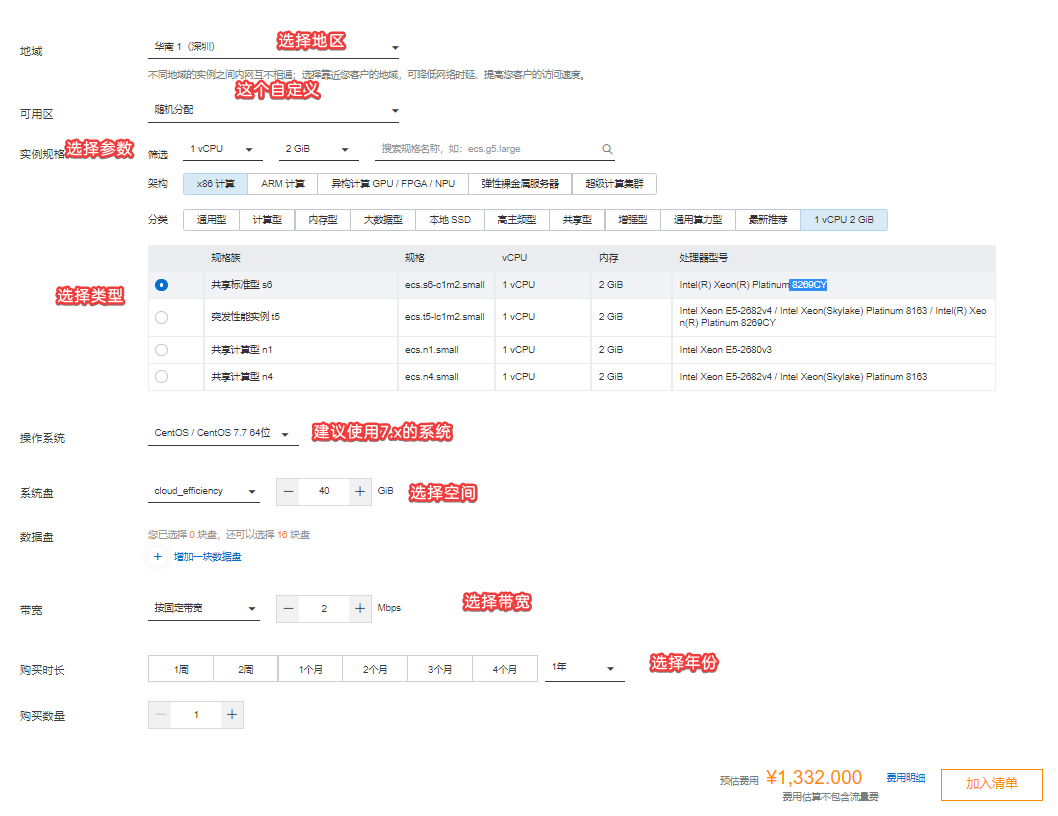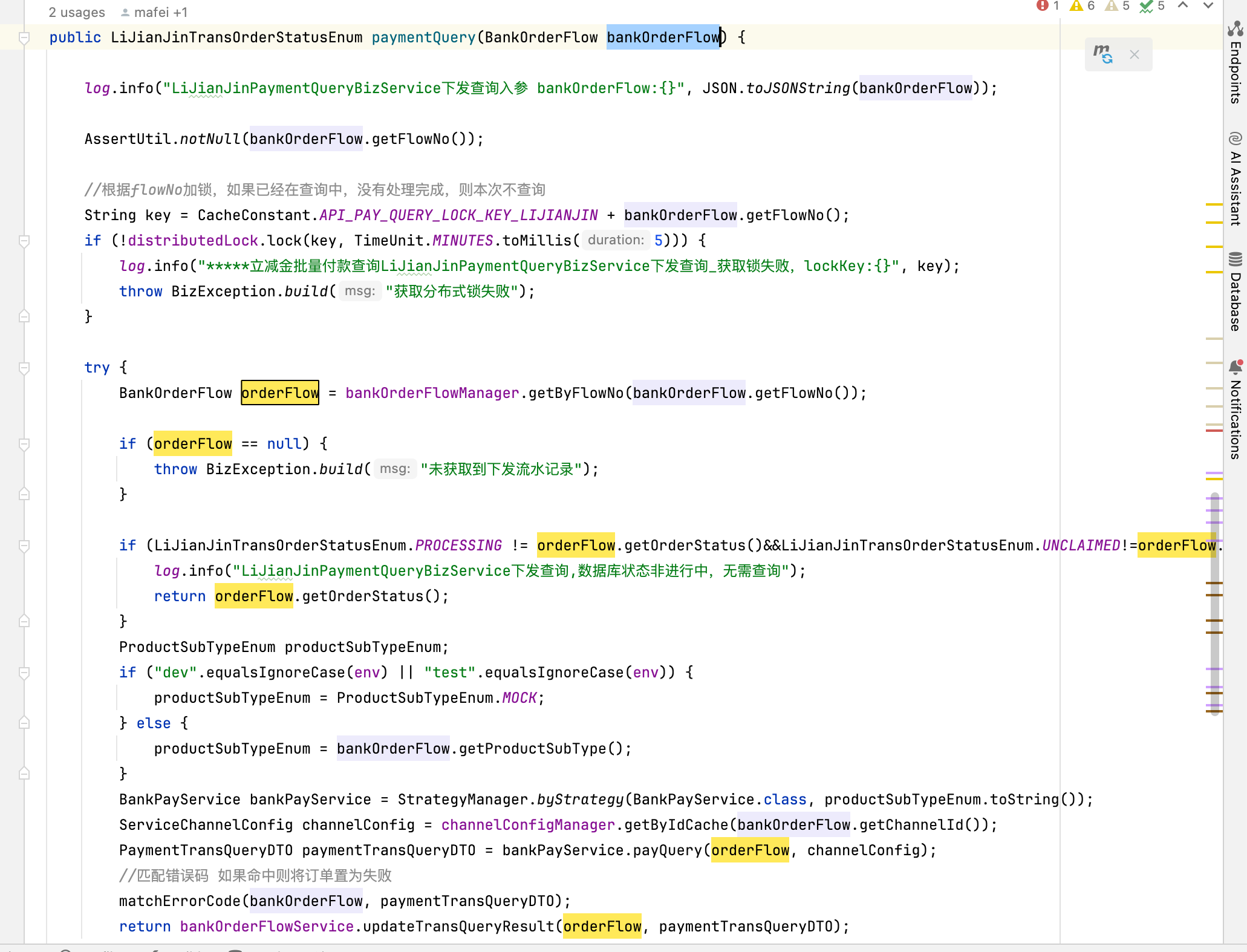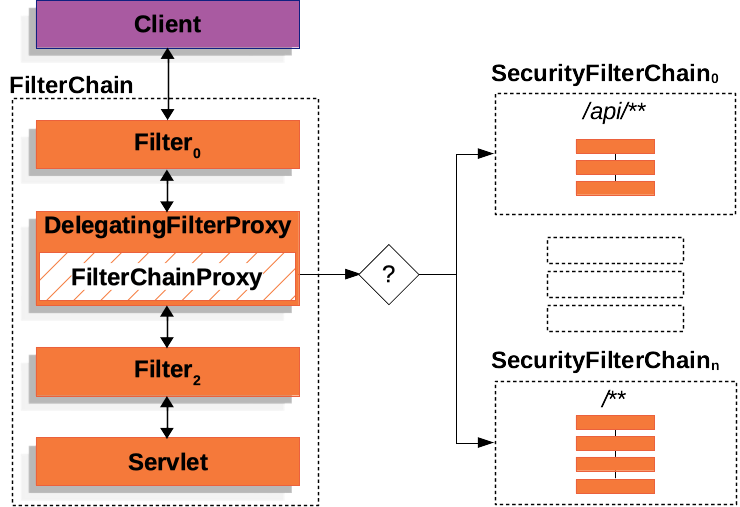Ceres 求解 Powell’s function 的最小化
\(\quad\)现在考虑一个稍微复杂一点的例子—鲍威尔函数的最小化。
\(\quad{}\) \(x=[x_1,x_2,x_3,x_4]\) 并且
\[\begin{array}{l}
f_{1}(x)=x_{1}+10 x_{2} \\
f_{2}(x)=\sqrt{5}\left(x_{3}-x_{4}\right) \\
f_{3}(x)=\left(x_{2}-2 x_{3}\right)^{2} \\
f_{4}(x)=\sqrt{10}\left(x_{1}-x_{4}\right)^{2} \\ \\
F(x)=\left[f_{1}(x), f_{2}(x), f_{3}(x), f_{4}(x)\right]
\end{array}
\]
f_{1}(x)=x_{1}+10 x_{2} \\
f_{2}(x)=\sqrt{5}\left(x_{3}-x_{4}\right) \\
f_{3}(x)=\left(x_{2}-2 x_{3}\right)^{2} \\
f_{4}(x)=\sqrt{10}\left(x_{1}-x_{4}\right)^{2} \\ \\
F(x)=\left[f_{1}(x), f_{2}(x), f_{3}(x), f_{4}(x)\right]
\end{array}
\]
\(\quad{}\) \(F(x)\) 是一个拥有四个参数的函数,并且拥有四个残差块,我们希望找到一个 \(x\) 使得下面的式子得到最小化:
\[\frac{1}{2}||F(x)||^2
\]
\]
\(\quad{}\)同样,第一步是定义对目标函子中的项进行评估的函子。 这是评估的代码,翻译过来不太准确,或者说这其实是在定义残差块。对 \(f_4(x_1,x_4)\) 的定义如下:
struct F4 {
template <typename T>
bool operator()(const T* const x1, const T* const x4, T* residual) const {
residual[0] = sqrt(10.0) * (x1[0] - x4[0]) * (x1[0] - x4[0]);
return true;
}
};
\(\quad{}\) 同样,我们也可以类似的定义 \(F_1\), \(F_2\) 和 \(F_3\) 去评估计算 \(f_1(x_1,x_2)\),\(f_2(x_3,x_4)\),\(f_3(x_2,x_3)\)。这样的话,问题将会被定义为如下的格式:
// 赋予初值
double x1 = 3.0; double x2 = -1.0; double x3 = 0.0; double x4 = 1.0;
Problem problem;
// Add residual terms to the problem using the autodiff
// wrapper to get the derivatives automatically.
problem.AddResidualBlock(
new AutoDiffCostFunction<F1, 1, 1, 1>(new F1), nullptr, &x1, &x2);
problem.AddResidualBlock(
new AutoDiffCostFunction<F2, 1, 1, 1>(new F2), nullptr, &x3, &x4);
problem.AddResidualBlock(
new AutoDiffCostFunction<F3, 1, 1, 1>(new F3), nullptr, &x2, &x3);
problem.AddResidualBlock(
new AutoDiffCostFunction<F4, 1, 1, 1>(new F4), nullptr, &x1, &x4);
\(\quad{}\) 请注意,每个 ResidualBlock 仅依赖于对应残差对象所依赖的两个参数,而不依赖于所有四个参数。
- 所有的程序如下所示:
#include <vector>
#include "ceres/ceres.h"
#include "gflags/gflags.h"
#include "glog/logging.h"
#include "ceres/internal/port.h"
using ceres::AutoDiffCostFunction;
using ceres::CostFunction;
using ceres::Problem;
using ceres::Solve;
using ceres::Solver;
struct F1
{
template <typename T>
bool operator()(const T *const x1, const T *const x2, T *residual) const
{
// f1 = x1 + 10 * x2;
residual[0] = x1[0] + 10.0 * x2[0];
return true;
}
};
struct F2
{
template <typename T>
bool operator()(const T *const x3, const T *const x4, T *residual) const
{
// f2 = sqrt(5) (x3 - x4)
residual[0] = sqrt(5.0) * (x3[0] - x4[0]);
return true;
}
};
struct F3
{
template <typename T>
bool operator()(const T *const x2, const T *const x3, T *residual) const
{
// f3 = (x2 - 2 x3)^2
residual[0] = (x2[0] - 2.0 * x3[0]) * (x2[0] - 2.0 * x3[0]);
return true;
}
};
struct F4
{
template <typename T>
bool operator()(const T *const x1, const T *const x4, T *residual) const
{
// f4 = sqrt(10) (x1 - x4)^2
residual[0] = sqrt(10.0) * (x1[0] - x4[0]) * (x1[0] - x4[0]);
return true;
}
};
DEFINE_string(minimizer,
"trust_region",
"Minimizer type to use, choices are: line_search & trust_region");
int main(int argc, char **argv)
{
GFLAGS_NAMESPACE::ParseCommandLineFlags(&argc, &argv, true);
google::InitGoogleLogging(argv[0]);
double x1 = 3.0;
double x2 = -1.0;
double x3 = 0.0;
double x4 = 1.0;
Problem problem;
// Add residual terms to the problem using the autodiff
// wrapper to get the derivatives automatically. The parameters, x1 through
// x4, are modified in place.
problem.AddResidualBlock(
new AutoDiffCostFunction<F1, 1, 1, 1>(new F1), nullptr, &x1, &x2);
problem.AddResidualBlock(
new AutoDiffCostFunction<F2, 1, 1, 1>(new F2), nullptr, &x3, &x4);
problem.AddResidualBlock(
new AutoDiffCostFunction<F3, 1, 1, 1>(new F3), nullptr, &x2, &x3);
problem.AddResidualBlock(
new AutoDiffCostFunction<F4, 1, 1, 1>(new F4), nullptr, &x1, &x4);
Solver::Options options;
// LOG_IF(FATAL,
// !ceres::StringToMinimizerType(CERES_GET_FLAG(FLAGS_minimizer),
// &options.minimizer_type))
// << "Invalid minimizer: " << CERES_GET_FLAG(FLAGS_minimizer)
// << ", valid options are: trust_region and line_search.";
options.max_num_iterations = 100;
options.linear_solver_type = ceres::DENSE_QR;
options.minimizer_progress_to_stdout = true;
// clang-format off
std::cout << "Initial x1 = " << x1
<< ", x2 = " << x2
<< ", x3 = " << x3
<< ", x4 = " << x4
<< "\n";
// clang-format on
// Run the solver!
Solver::Summary summary;
Solve(options, &problem, &summary);
std::cout << summary.FullReport() << "\n";
// clang-format off
std::cout << "Final x1 = " << x1
<< ", x2 = " << x2
<< ", x3 = " << x3
<< ", x4 = " << x4
<< "\n";
// clang-format on
return 0;
}
\(\quad{}\) 编译并运行可得到如下输出:
Initial x1 = 3, x2 = -1, x3 = 0, x4 = 1
iter cost cost_change |gradient| |step| tr_ratio tr_radius ls_iter iter_time total_time
0 1.075000e+02 0.00e+00 1.55e+02 0.00e+00 0.00e+00 1.00e+04 0 5.89e-05 5.71e-04
1 5.036190e+00 1.02e+02 2.00e+01 2.16e+00 9.53e-01 3.00e+04 1 1.80e-04 7.80e-04
2 3.148168e-01 4.72e+00 2.50e+00 6.23e-01 9.37e-01 9.00e+04 1 3.90e-05 8.32e-04
3 1.967760e-02 2.95e-01 3.13e-01 3.08e-01 9.37e-01 2.70e+05 1 3.65e-05 8.79e-04
4 1.229900e-03 1.84e-02 3.91e-02 1.54e-01 9.37e-01 8.10e+05 1 3.57e-05 9.23e-04
5 7.687123e-05 1.15e-03 4.89e-03 7.69e-02 9.37e-01 2.43e+06 1 3.54e-05 9.67e-04
6 4.804625e-06 7.21e-05 6.11e-04 3.85e-02 9.37e-01 7.29e+06 1 3.52e-05 1.01e-03
7 3.003028e-07 4.50e-06 7.64e-05 1.92e-02 9.37e-01 2.19e+07 1 3.53e-05 1.05e-03
8 1.877006e-08 2.82e-07 9.54e-06 9.62e-03 9.37e-01 6.56e+07 1 3.53e-05 1.10e-03
9 1.173223e-09 1.76e-08 1.19e-06 4.81e-03 9.37e-01 1.97e+08 1 3.58e-05 1.15e-03
10 7.333425e-11 1.10e-09 1.49e-07 2.40e-03 9.37e-01 5.90e+08 1 3.54e-05 1.19e-03
11 4.584044e-12 6.88e-11 1.86e-08 1.20e-03 9.37e-01 1.77e+09 1 3.51e-05 1.24e-03
12 2.865573e-13 4.30e-12 2.33e-09 6.02e-04 9.37e-01 5.31e+09 1 3.55e-05 1.28e-03
13 1.791438e-14 2.69e-13 2.91e-10 3.01e-04 9.37e-01 1.59e+10 1 3.55e-05 1.32e-03
14 1.120029e-15 1.68e-14 3.64e-11 1.51e-04 9.37e-01 4.78e+10 1 3.54e-05 1.37e-03
Solver Summary (v 1.13.0-eigen-(3.3.4)-lapack-suitesparse-(5.1.2)-cxsparse-(3.1.9)-openmp)
Original Reduced
Parameter blocks 4 4
Parameters 4 4
Residual blocks 4 4
Residual 4 4
Minimizer TRUST_REGION
Dense linear algebra library EIGEN
Trust region strategy LEVENBERG_MARQUARDT
Given Used
Linear solver DENSE_QR DENSE_QR
Threads 1 1
Linear solver threads 1 1
Linear solver ordering AUTOMATIC 4
Cost:
Initial 1.075000e+02
Final 1.120029e-15
Change 1.075000e+02
Minimizer iterations 15
Successful steps 15
Unsuccessful steps 0
Time (in seconds):
Preprocessor 0.0005
Residual evaluation 0.0000
Jacobian evaluation 0.0005
Linear solver 0.0001
Minimizer 0.0009
Postprocessor 0.0000
Total 0.0014
Termination: CONVERGENCE (Gradient tolerance reached. Gradient max norm: 3.642190e-11 <= 1.000000e-10)
Final x1 = 0.000146222, x2 = -1.46222e-05, x3 = 2.40957e-05, x4 = 2.40957e-05
\(\quad{}\) 其实我们很容易看出函数的最优解在 \(x_1=0, x_2=0,x_3=0,x_4=0\) ,而最终的计算结果虽然并不是完全为\(0\) 但是也基本接近。






